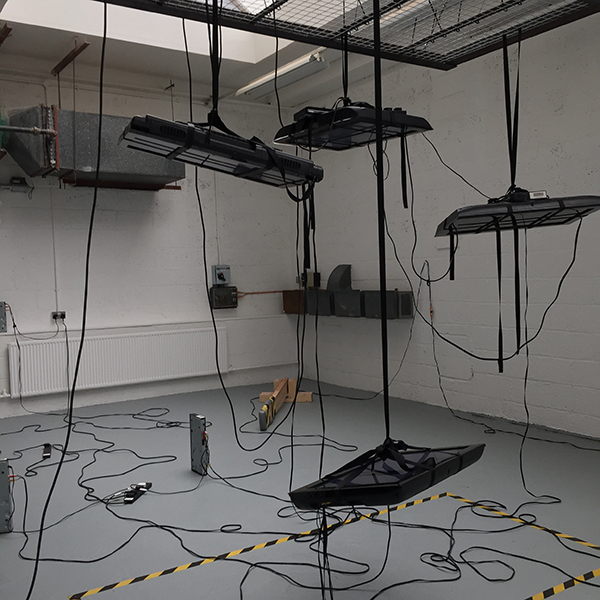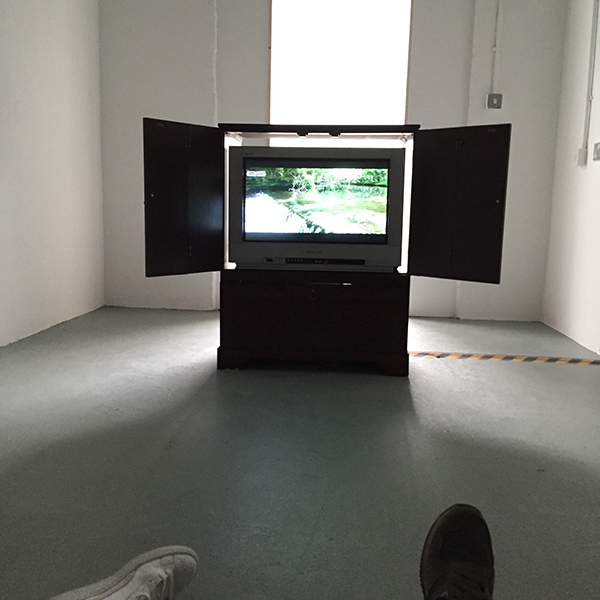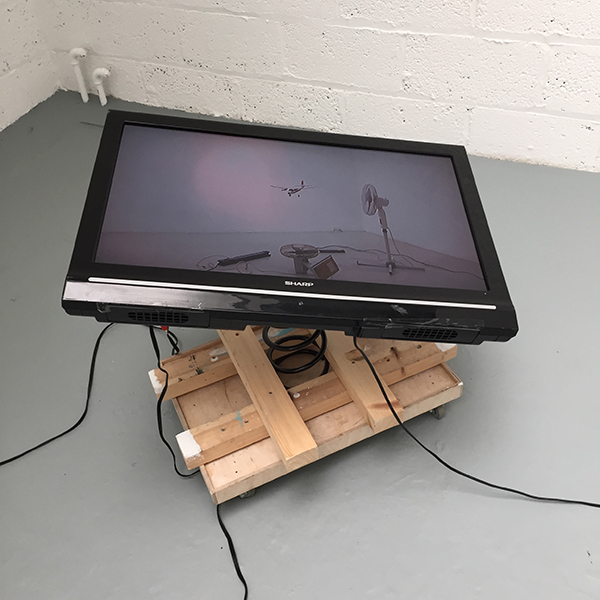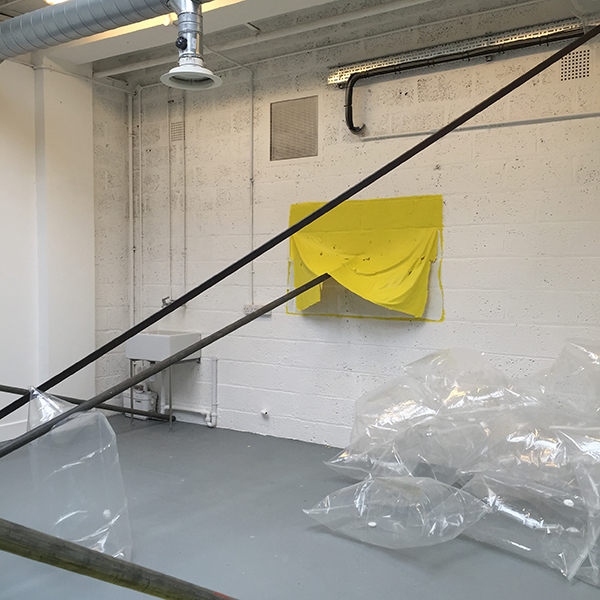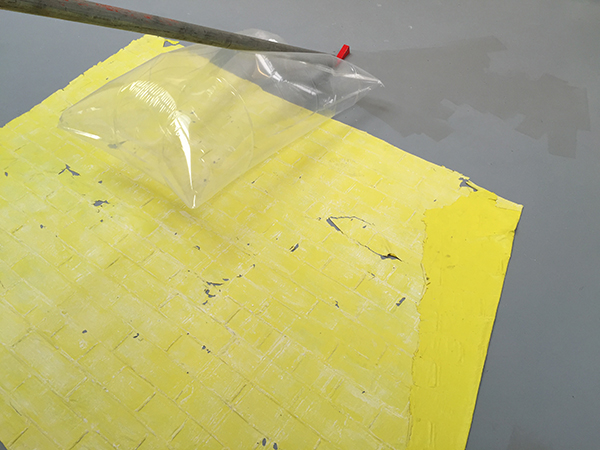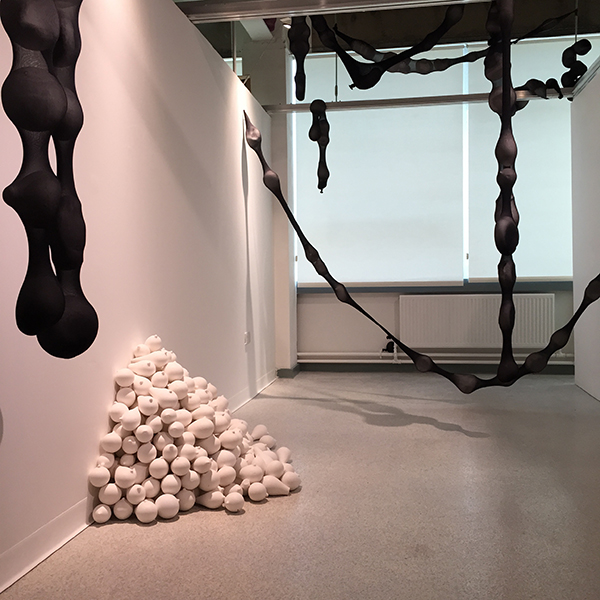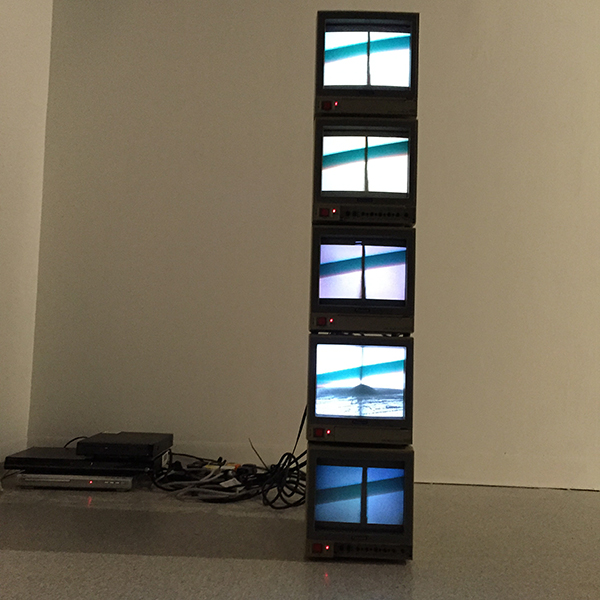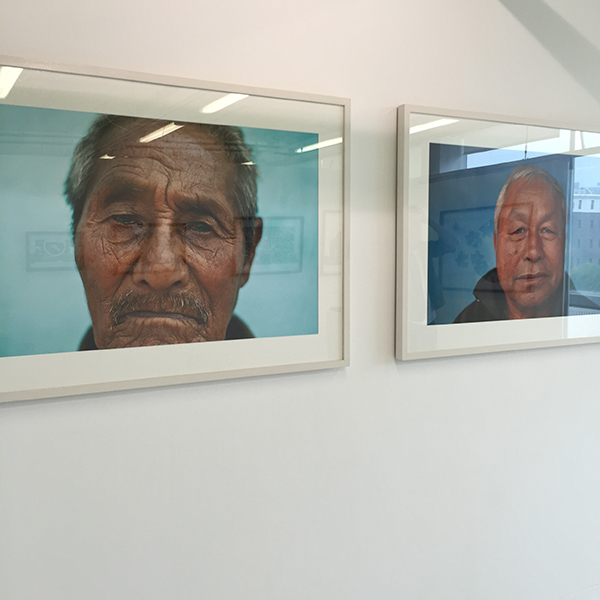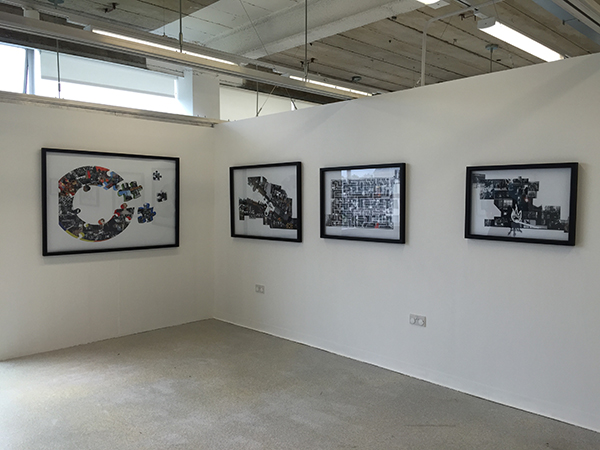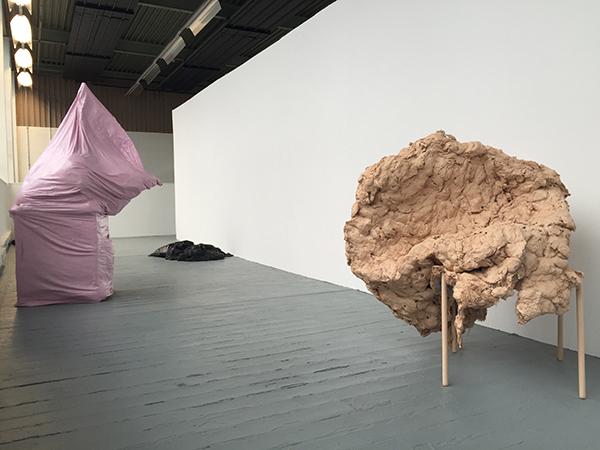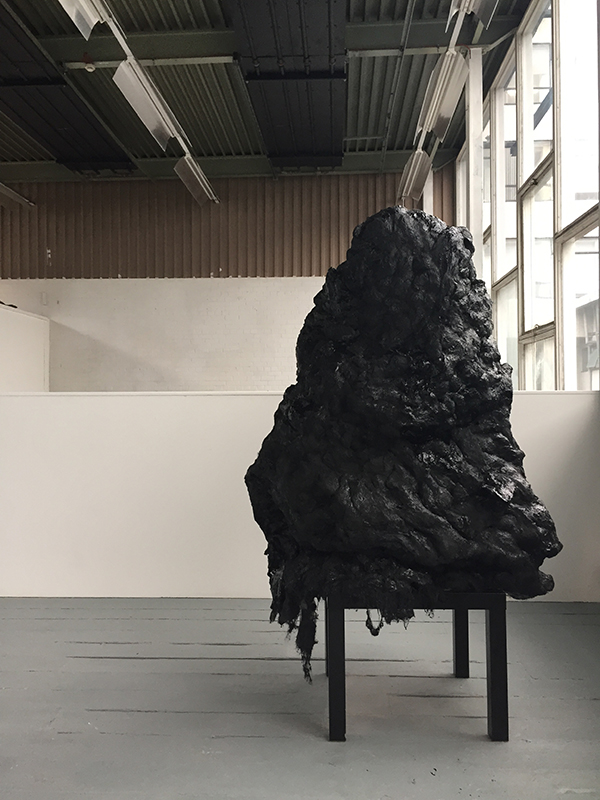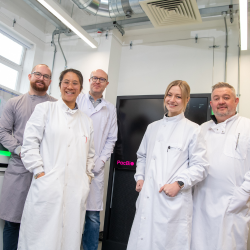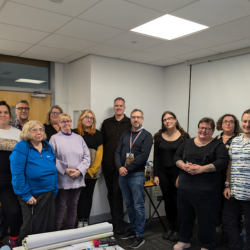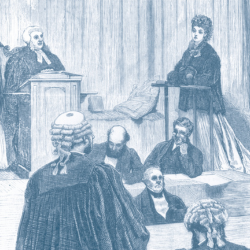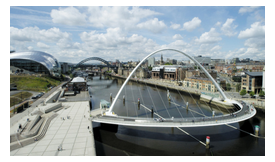-
Study
-
Undergraduate
- Search for a Course
- Undergraduate Open Day & Events
- Application Guides
- Northumbria University UCAS Exhibitions
- Foundation Years
- Undergraduate Fees & Funding
- School & College Outreach
- Continuing Professional Development
-
Postgraduate
- Postgraduate Study Degree
- Postgraduate Research Degrees
- Postgraduate Open Days and Events
- Postgraduate Fees & Funding
- Flexible Learning
- Thinking about a Masters?
- Continuing Professional Development
- Change Direction
-
Student Life
- The Hub - Student Blog
- Accommodation
- Life in Newcastle
- Support for Students
- Careers
- Information for Parents
- Students' Union
- Northumbria Sport
- Be Part of It
-
-
International
International
Northumbria’s global footprint touches every continent across the world, through our global partnerships across 17 institutions in 10 countries, to our 277,000 strong alumni community and 150 recruitment partners – we prepare our students for the challenges of tomorrow. Discover more about how to join Northumbria’s global family or our partnerships.
View our Global Footprint-
Applying to Northumbria
- European Union
- Our London Campus
- Northumbria Pathway
- International Events
- Entry Requirements and Country Representatives
- Regional Offices
-
Northumbria Language Centre
- Faculty Requirements
- Acceptable English Requirements
- Pre-sessional English Language and Study Skills
- Academic Language Skills Programmes (ALS)
-
International Fees, Funding & Scholarships
- International Undergraduate Fees
- International Undergraduate Funding
- International Masters Fees
- International Masters Funding
- International Postgraduate Research Fees
- International Postgraduate Research Funding
- International Money Matters
-
Life at Northumbria
- International student support
- Careers
-
International Mobility
- Current Northumbria Students
- Incoming Exchange Students
-
-
Business
Business
The world is changing faster than ever before. The future is there to be won by organisations who find ways to turn today's possibilities into tomorrows competitive edge. In a connected world, collaboration can be the key to success.
More on our Business Services -
Research
Research
Northumbria is a research-rich, business-focused, professional university with a global reputation for academic quality. We conduct ground-breaking research that is responsive to the science & technology, health & well being, economic and social and arts & cultural needs for the communities
Discover more about our Research -
About Us
-
About Northumbria
- Our Strategy
- Our Staff
- Place and Partnerships
- Student Profiles
- Alumni Profiles
- Leadership & Governance
- Academic Departments
- University Services
- History of Northumbria
- Contact us
- Online Shop
-
-
Alumni
Alumni
Northumbria University is renowned for the calibre of its business-ready graduates. Our alumni network has over 244,000 graduates based in 178 countries worldwide in a range of sectors, our alumni are making a real impact on the world.
Our Alumni - Work For Us
What will I learn on this module?
The 20 credit Extended Study in Fine Art at level 6 is the culmination of your development as an independent and critical learner through research writing and thinking about a topic that you devise yourself in consultation with your tutors. You will build upon the work you have done at L4 and L5 through research and writing a 4,500 word Extended Study on a subject related to your studio practice or any other aspect of visual culture in the broad sense that you wish to explore that relates to your fine art practice. The Extended Study is an opportunity for you to demonstrate not only your knowledge of a particular fine art subject in which you are interested, but also your skills in writing, researching and organising material, working independently, and using enhanced analytical and interpretative skills in presenting an argued case in written form: all skills which will benefit you in your professional life.
How will I learn on this module?
Through workshops, one-to-one tutorial guidance, and independent study you will learn to identify and develop through research a topic relating to the academic contexts of fine art and visual culture more widely.
You are encouraged and guided:
1. to use an appropriate methodology to interpret, analyse and elucidate information gathered through research;
2. to select and organise appropriate material, ideas, analysis and interpretations into a sustained piece of work formally arranged as an Extended Study in Fine Art;
3. and to demonstrate evidence of personal critical reflection, understanding and engagement with fine art or visual culture more broadly.
How will I be supported academically on this module?
You will be supported by workshops designed to equip you to undertake your Extended Study with confidence and to work independently. The workshops will cover topics such as:
• What the Extended Study involves;
• How to developing a research question;
• Research methods related to visual analysis;
• Research methodology;
• Using primary material;
• Structure, Format and Referencing;
• Planning and time management.
This guidance will be provided with a sense of time-appropriateness: so material needed at the beginning of your research exercise will be provided to you at the beginning of the semester whilst formatting, etc., will be provided closer to the end of semester one. In addition to this general guidance, you will proceed with individual learning with specialised guidance through a series of tutorials with your appointed tutor. Thereafter the syllabus will be negotiated between student and supervisor bearing in mind the aims and outcomes of the module.
What will I be expected to read on this module?
All modules at Northumbria include a range of reading materials that students are expected to engage with. Online reading lists (provided after enrolment) give you access to your reading material for your modules. The Library works in partnership with your module tutors to ensure you have access to the material that you need.
What will I be expected to achieve?
Knowledge & Understanding:
1. Identify, review and critically discuss fine art related topics in manner as evidenced through your ability to undertake a comprehensive research project;
2. Demonstrate your ability to appropriately deploy techniques of enquiry, analysis and synthesis to a comprehensive research project.
Intellectual / Professional skills & abilities:
3. Intellectually engage with a range of appropriate research materials, techniques and analytical tools to enable the undertaking of a comprehensive research project.
Personal Values Attributes (Global / Cultural awareness, Ethics, Curiosity) (PVA):
4. Engage autonomously in your studies, requiring minimal supervision to achieve outcomes;
5. Demonstrate ability to communicate at a professional level through written skills.
How will I be assessed?
The Extended Study in Fine Art (4500 words) is a fully articulated piece of writing which is the culmination of a substantial and sustained research project into an appropriate subject related to historical or contemporary fine art practice or visual or material culture more broadly.
Written feedback on your summative assessment will be provided within the time-frame mandated by the university, which is currently 20 working days.
Pre-requisite(s)
none
Co-requisite(s)
none
Module abstract
The Extended Study in Fine Art is the culmination of your development as an independent and critical learner through research writing and thinking about a topic that you devise yourself in consultation with your tutors. You will research and write a 4500 word Extended Study in Fine Art on a subject related to your fine art studio specialism or any other aspect of visual culture in the broad sense that you wish to explore. The Extended Study in Fine Art is an opportunity for you to demonstrate not only your knowledge of a particular subject in which you are interested, but also your skills in writing, researching and organising material, working independently and using enhanced analytical and interpretative skills in presenting an argued case in written form: all skills which will benefit you in your professional life.
Course info
UCAS Code W100
Credits 20
Level of Study Undergraduate
Mode of Study 3 years Full Time or 4 years with a placement (sandwich)/study abroad
Department Arts
Location City Campus, Northumbria University
City Newcastle
All information is accurate at the time of sharing.
Full time Courses are primarily delivered via on-campus face to face learning but could include elements of online learning. Most courses run as planned and as promoted on our website and via our marketing materials, but if there are any substantial changes (as determined by the Competition and Markets Authority) to a course or there is the potential that course may be withdrawn, we will notify all affected applicants as soon as possible with advice and guidance regarding their options. It is also important to be aware that optional modules listed on course pages may be subject to change depending on uptake numbers each year.
Contact time is subject to increase or decrease in line with possible restrictions imposed by the government or the University in the interest of maintaining the health and safety and wellbeing of students, staff, and visitors if this is deemed necessary in future.
Useful Links
Find out about our distinctive approach at
www.northumbria.ac.uk/exp
Admissions Terms and Conditions
northumbria.ac.uk/terms
Fees and Funding
northumbria.ac.uk/fees
Admissions Policy
northumbria.ac.uk/adpolicy
Admissions Complaints Policy
northumbria.ac.uk/complaints


